África/Kenia/Abril 2017/Noticia/https://theconversation.com/
Reseña: En Kenia cada niño y niña al igual que los representantes tienen conocimiento de la prosecución de los estudios al igual que los niveles en la escuela primaria y secundaria. De manera que los profesores hacen hincapié en las altas calificaciones de los exámenes, con largas horas de clase que son sólo una parte de la preparación para el examen final que determina la admisión a la universidad. En este sentido hacen referencia a el sistema actual de educación que comienza con ocho años de escuela primaria seguido por cuatro años cada uno para la escuela secundaria y la universidad. Entre los cambios señalan que los niños serán capaces de aprender a su propio ritmo y no ser peones en un sistema de educación que está obsesionado con altos puntajes medios. Por lo tanto, el nuevo currículo ofrece a los padres la oportunidad de participar en la educación de sus hijos. Estos padres empoderados tomarán la iniciativa de participar en la escuela, en casa y dentro de la comunidad. Más importante aún, el plan de estudios ayudará a asegurar el desarrollo integral de los niños dentro de un ambiente de aprendizaje amistoso.
Fuente: https://theconversation.com/why-the-new-education-curriculum-is-a-triumph-for-kenyas-children-75090
Fuente Imagen
https://lh3.googleusercontent.com/w3-AhPCeLI3UJeYKwK-fmMnxRDdy3u3r27-JtH0jqXzs2Zc5EV4XghT06SZ9Q1xprnAHuA=s85
Every child and parent in Kenya knows all too well that grades matter. During the final year of primary school, pupils sit to write a nationally administered exam that determines their progression to secondary school. Children have to attain high grades in the Kenya Certificate of Primary Education (KCPE) to secure places in the best secondary schools – public or private.
Here too, the teachers emphasise attainment of high grades, perhaps even more than back in primary school. Long hours in class are just a part of the preparation for the final exam which determines admission into university.
Private schools, which many parents opt for, have a financial incentive to pursue high grades for their students. When these schools attain a high mean grade, they draw more students into their ranks which translates into higher revenues.
This obsession with high exam grades means extra pressure on children to cram content in order to pass a series of internal exams leading up to KCSE. It also means that schools have little time to pay attention to learners who are struggling with the challenges of adolescence.
Learners received little guidance on appropriate coping mechanisms that would enable them to deal with the academic pressures and other life changes that they were experiencing. Those that became truant and undisciplined were eventually pushed out of the school because they weren’t meeting the minimum grades expected.
But a fundamental change is about to take place. A new education system is set to replace the 32 year-old 8-4-4 system which has come to symbolise much of what’s wrong with education in Kenya today. The current system of education starts with eight years of primary school followed by four years each for secondary school and university.
The changes mean that children will have an opportunity to be children. They will not be pressured to get high scores so that they can join the so-called ‘good schools’. Children will be able to learn at their own pace and not be pawns in an education system that’s obsessed with high mean scores.
The changes proposed in the new curriculum are aligned to the vision of the new curriculum reform and that is to
enable every Kenyan to become an engaged, empowered and ethical citizen. This will be achieved by providing every Kenyan learner with world class standards in the skills and knowledge that they deserve, and which they need in order to thrive in the 21st century
Children will be children
The new 2.6.3.3.3. curriculum is designed to place children’s needs before those of their teachers, schools and parents. It aims to enable every Kenyan child to be an engaged, empowered and ethical citizen. This will be accomplished by equipping teachers with the means to teach well, within school environments that have adequate resources for every learner.
Effective delivery of the curriculum will require knowledgeable and professional teachers who can use appropriate teaching methodologies including coaching, facilitation, and mentoring. In this way, teachers will be viewed as role models who inspire learners to achieve their potential.
Moreover, teachers will need to adapt this curriculum to meet the requirements, interests, and talents of every child, while diagnosing the learner’s needs and collaborating with other significant people in the child’s life such as parents and members of the local and wider community.
Another change in the new curriculum is elimination of summative evaluation. This refers to exams that were done at the end of 8 years of primary school, four years of secondary school, and four years of high school, in the 8.4.4 system of education. Instead, it spreads out the evaluation throughout the duration of the child’s stay in school.
Children will be assessed based on their competencies, meaning their ability to apply knowledge and skills in performing various tasks within specific settings. This will help determine the individual strengths and weaknesses of the learners.
There will be two types of evaluation in upper primary. Formative assessment will be continuously administered from grades 4-6. This will enable the continuous monitoring of learning and provide regular feedback that teachers can use to improve their delivery.
Summative assessment for a group of randomly selected learners from across the country, will be administered at the end of grade 6. Their performance will be used to gauge the overall ability of all the students transitioning to Grade 7. In doing so, the new curriculum moves away from a one-off summative assessment and embraces an approach where all children’s abilities are recognised and appreciated.
Navigating life’s challenges
They will also be exposed to life skills from pre-primary in addition to all the other subjects that they will be taught. This will ensure that from an early age, children have the opportunity to acquire the necessary skills to help them navigate life’s challenges as they progress with their education.
According to UNICEF
life skills refer to both psycho social and interpersonal skills that can assist people to make informed decisions, communicate effectively and develop coping and self-management skills that would help lead to a healthy and productive life.
Children in senior secondary will be exposed to community service and physical education. The assessment of this level of education will be based on project work, national examinations and community service, in which parents and other stakeholders will be involved. Moreover, parents and other players will help in identifying opportunities for the learners to apply their competencies. Teachers will then document the learner’s achievement.
This emphasis on parental involvement reflects the importance that the curriculum places on the role of parents. Parental involvement has been a key component of two intervention studies conducted by the African Population and Health Research Centre (APHRC), in Nairobi’s informal settlements.
APHRC research has documented that the school is just one place where the teaching of life skills occurs. In the home and family setting, parents shape the attitudes, skills, and values that young people acquire. The project, Improving Learning Outcomes and Transition to Secondary School, showed that communication between parents and their children improved learning outcomes.
More research shows that parental communication with a child of the opposite gender (father to daughter and mother to son) significantly reduces risky behaviour and delays sexual activity among adolescents.
The new curriculum therefore offers parents the opportunity to be involved in their children’s education. These empowered parents will take the initiative to participate in school, at home and within the community. More importantly, the curriculum will help ensure the holistic development of children within a friendly learning environment.
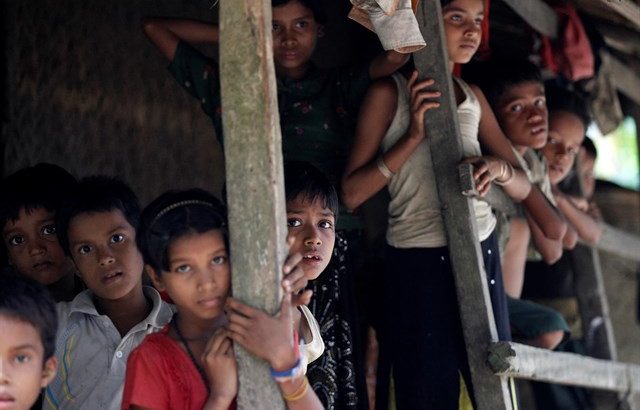
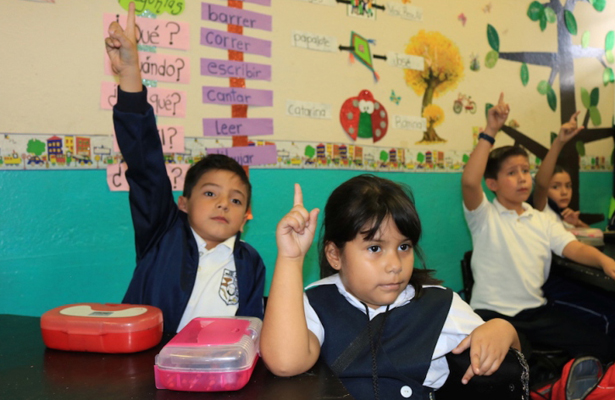
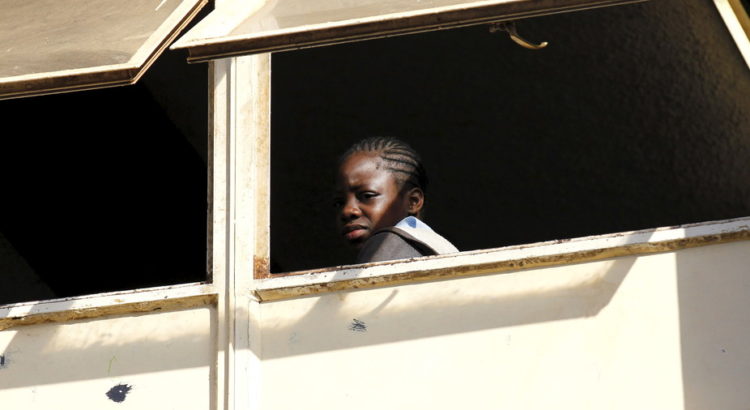

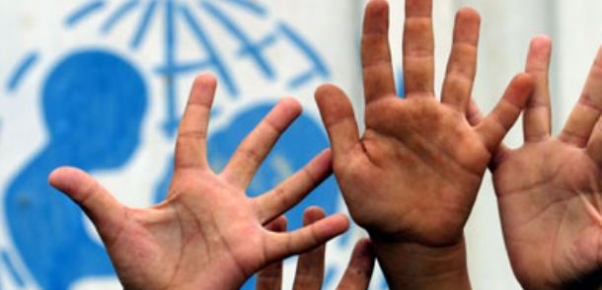
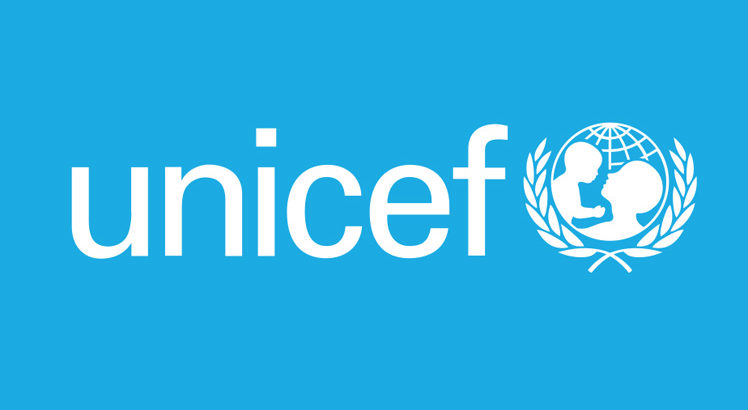







 Users Today : 71
Users Today : 71 Total Users : 35460202
Total Users : 35460202 Views Today : 101
Views Today : 101 Total views : 3418884
Total views : 3418884